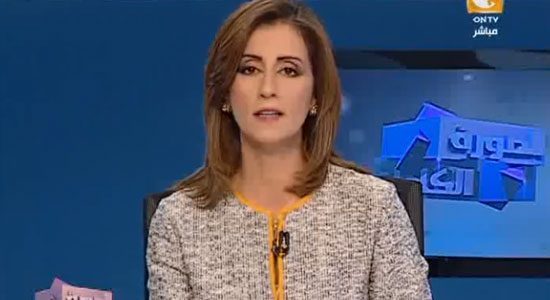
Abdel al-Fattah al-Sisi has ratified a new law that regulates the media and press in the country after being approved by the Egyptian parliament, amid a wide opposition from the Press Syndicate and media men.
Under the new law, Al-Sisi will pick a chairman and members of a new media council, giving the body the power to fine or suspend publications and broadcasters.
The law created the so-called Supreme Council for the Press and Media. The council will also be able to give or revoke licenses for foreign media.
According to the law, the council’s chairman will be chosen by al-Sisi and the members will be appointed by him based on nominations from various bodies, including the judiciary and the parliament.
The Supreme Council for the Press and Media will also be tasked to sue media organizations that violate its regulations.
It will also create a list of penalties, fine media organizations that break license terms, and can revoke or suspend the right to publish or broadcast.
In this context, Yahia Qalash, the head of the Press Syndicate, said the law and the council were mostly concerned with administrative affairs and did not compromise media freedoms.
He also criticized the new law saying that, “We wanted a unified law that would take into its consideration the freedom articles and the independence of the institutions, but the current law will generally intensify the hegemony of the authority over the media and press.”
Qalash also mentioned that the Egyptian Parliament is still debating other media legislation.
Lawmakers and press syndicate members said that a second media law will cover sentencing, freedom of information, confidentiality of sourcing and the relationship between journalism and national security.
The press syndicate had lobbied for a single media law encompassing all issues but Parliament decided on two separate laws.
Since al-Sisi military coup in 2013 against Egypt’s first democratically elected President Mohamed Morsi, Egypt has witnessed unprecedented crackdown against human rights, political opposition and freedom of press.
For the first time in history, the Egyptian security forces stormed the Press Syndicate building in May 2016. They also arrested two journalists who were organizing a sit-in in the building against their colleagues’ arrests on April 25 demonstrations against giving away Tiran and Sanafir islands to Saudi Arabia.
As a result, the Press Syndicate held an emergency meeting that called for the dismissal of the Ministry of Interior and the apology of the presidency.
The head of the Press Syndicate and two board members were put on trial accused of harboring fugitives and disseminating false news. In November, Egypt’s court found the syndicate head, including Yahia Qalash and the other two members, guilty of harboring criminals and sentenced them to two years in prison in relation to the incident. Qalash has appealed and is out of detention on bail.
Human Rights Organizations and the Committee to Protect Journalists have repeatedly criticized media freedoms in Egypt. According to the New York-based Committee to Protect Journalists(CPJ) Egypt is the second most country to jail journalists in 2015.



